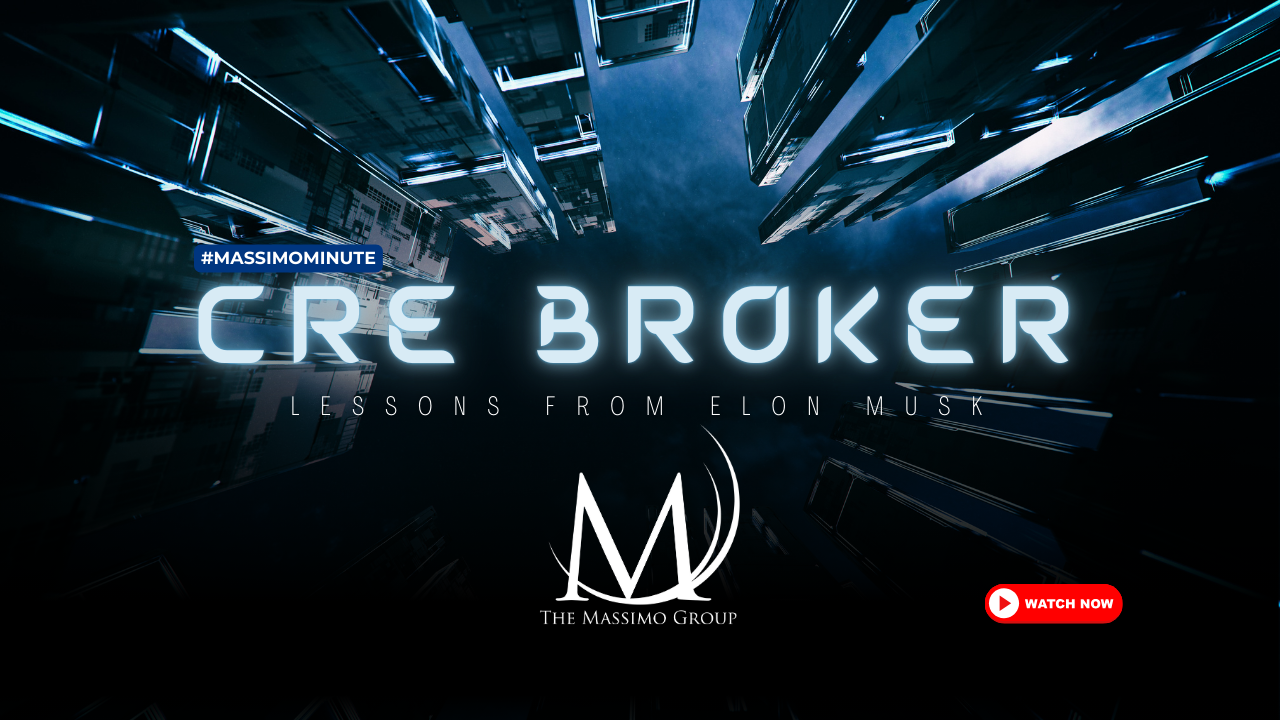If you want 2016 to be your best CRE year yet, you will want to set realistic, business-building goals for your future. Start by looking at your past. A true review of how you have arrived at where you are today will include a thorough analysis of your prospecting efforts and results, your personal marketing efforts, your quantitative tracking of your monthly progress and the qualitative assessment of your client relationships.
[Tweet “The 1st step to goal setting is review and reflection.”]
One component of your financial review should be a complete analysis of your historical income, as this is one of the better indicators of future production. If you can outline the specific income generators you successfully leveraged in the past, it will help you identify where there may be opportunities in the future.
[Tweet “A complete analysis of your historical income is a good indicator of future production.”]
For example, in working with our coaching clients, we get them to aggregate several elements of their prior income generating activities. We suggest they look back at this past year and identify the following eight transactional components for every opportunity closed.
If you haven’t recorded your historical information, simply do the best you can.
Attempt to list the following data:
- Year
- Client Name
- City
- Transaction Type
- Represented
- Property Type
- Size
- Source
- Lease Value/Price
- Estimated Fee
It is best to use Excel to summarize and analyze your data. This way you can identify such variables as the total and average value of your product based closings, what you sold or leased, what type and what kind of income you generated and so much more.
This approach will help you spot strengths and it will also help you identify opportunities to pursue and enhance your income next year.
[Tweet “Historical data helps you identify strengths, as well as opportunities to pursue and enhance your income.”]
When done correctly, here are some of the other kinds of questions we can ask and answer.
- What’s the average price of your deals?
- What’s the average income per year over the last X years?
- What’s the average number of deals per year?
- What was the number of sales versus leases, by year?
- Which clients provide you the highest return for your efforts?
- How much money, on average, is each of your clients bringing to you?
- What was your greatest source channel for your successful deals?
- What is the average size of your deals, but product type, transaction type, etc.?
You will have a basis to reflect upon, as a test of reasonableness, your future financial goals. For example, if you are projecting closing 20 deals at an average fee of $25,000 per deal, but historically, you never closed more than 10 deals per year, or have closed over 20 deals per year, but at only an average fee of $5,000 – then there is a disconnect.
Historical income can help you set realistic goals and create plans to achieve higher than historical performance.
[Tweet “Historical income can help you set realistic goals and create plans to achieve higher than historical performance.”]
This approach is only one of several exercises you should complete during your Review phase of your goal planning. Over the next few blog posts, I will elaborate on others. For now, sign up for our new free video series, How to Set Career-Changing Goals to learn how to set yourself up for your best CRE year yet.




